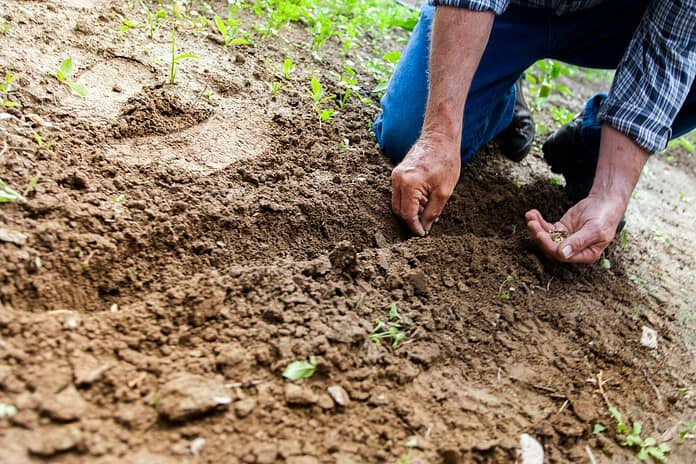Summer in Hernando County offers a prime opportunity for gardeners to cultivate a variety of heat-loving vegetables. By planting the right crops, you can enjoy a bountiful harvest of delicious okra, southern peas, sweet potatoes, Seminole pumpkin, and yard-long beans. However, planting vegetables that thrive up north during this time of year may not yield successful results. Here are a few crops that perform reliably well in the summer vegetable garden:
1. Okra: Okra thrives in the warm temperatures of West Central Florida. Select a sunny location with well-drained soil and sow the seeds directly into the ground from now until August. Space the seeds 4 to 10 inches apart, as okra plants can grow tall and bushy. Regular watering is crucial, especially during dry spells. Harvest the tender okra pods when they reach 3-4 inches long. Regular harvesting promotes continuous production, as larger pods can become tough.
2. Southern Peas: Also known as cowpeas, southern peas are highly adaptable to Florida’s summer climate. Varieties include crowder, cream, and black-eyed peas. Choose a sunny spot with fertile soil, enriched with compost or well-rotted manure. Sow the seeds about 1-2 inches deep, with 4-6 inches spacing between plants. Keep the soil consistently moist, especially during flowering and pod development. Pods can be picked young for fresh eating or left on the plant for dry peas. Regular picking encourages more production.
3. Sweet Potatoes: Sweet potatoes are a staple crop in West Central Florida. Select disease-free sweet potato slips from a local nursery or garden center. Plant the slips in well-drained soil enriched with compost, spacing them about 12-18 inches apart in rows, with 3-4 feet between rows. Regular watering is essential, particularly during the initial growth stages. Allow plenty of room for the vines to spread. Harvest sweet potatoes after 90-120 days, once the foliage begins to yellow and die back.
4. Seminole Pumpkin: Seminole pumpkin, a native Florida winter squash, is known for its disease resistance and flavor. It requires a sunny location with well-drained soil. Create mounds or raised beds for planting and sow the seeds directly into the ground, leaving about 3-4 feet between plants. Ensure the soil remains consistently moist, especially during dry spells. Harvest the pumpkins when the skin hardens, and the vine begins to dry out. Seminole pumpkins have a long shelf life and can be stored for several months. They need plenty of room to roam, as their vines can quickly fill your backyard.
5. Yard Long Beans: Also known as asparagus or snake beans, yard-long beans are a heat-loving crop in West Central Florida. Plant the seeds directly into the soil, providing a trellis or support for the vines to climb. Yard-long beans prefer fertile, well-drained soil and regular watering. Harvest the beans when they reach around 12-18 inches in length. Frequent picking encourages continuous production.
Other tropical crops from South and Central America and Asia can also be experimented with, but these should be sufficient to get you started. By planting the right crops and paying attention to the unique climate of West Central Florida, you can enjoy a thriving summer vegetable garden.
UF/IFAS Extension Hernando County is a free service that provides solutions for your life.
Extension programs are open to all persons without regard to race, color, sex, age, disability, religion, or national origin.
The Institute of Food and Agricultural Sciences (IFAS) is an Equal Opportunity Institution authorized to provide research, educational information and other services only to individuals and institutions that function with non-discrimination with respect to race, creed, color, religion, age, disability, sex, sexual orientation, marital status, national origin, political opinions or affiliations. For more information on obtaining other UF/IFAS Extension publications, contact your county’s UF/IFAS Extension office. U.S. Department of Agriculture, UF/IFAS Extension Service, University of Florida, IFAS, Florida A & M University Cooperative Extension Program, and Boards of County Commissioners Cooperating. Dr. Andre Johnson, dean for UF/IFAS Extension.

